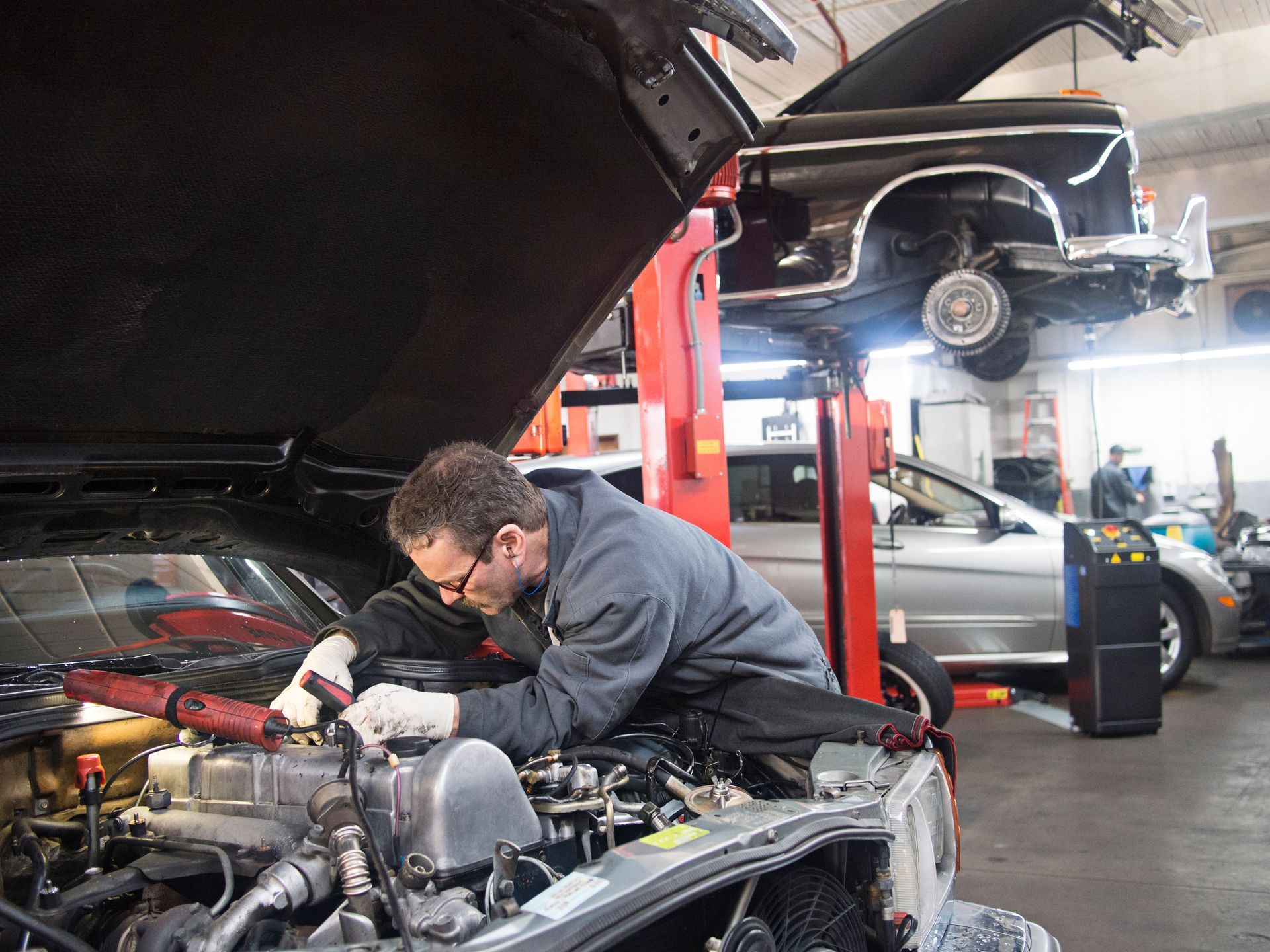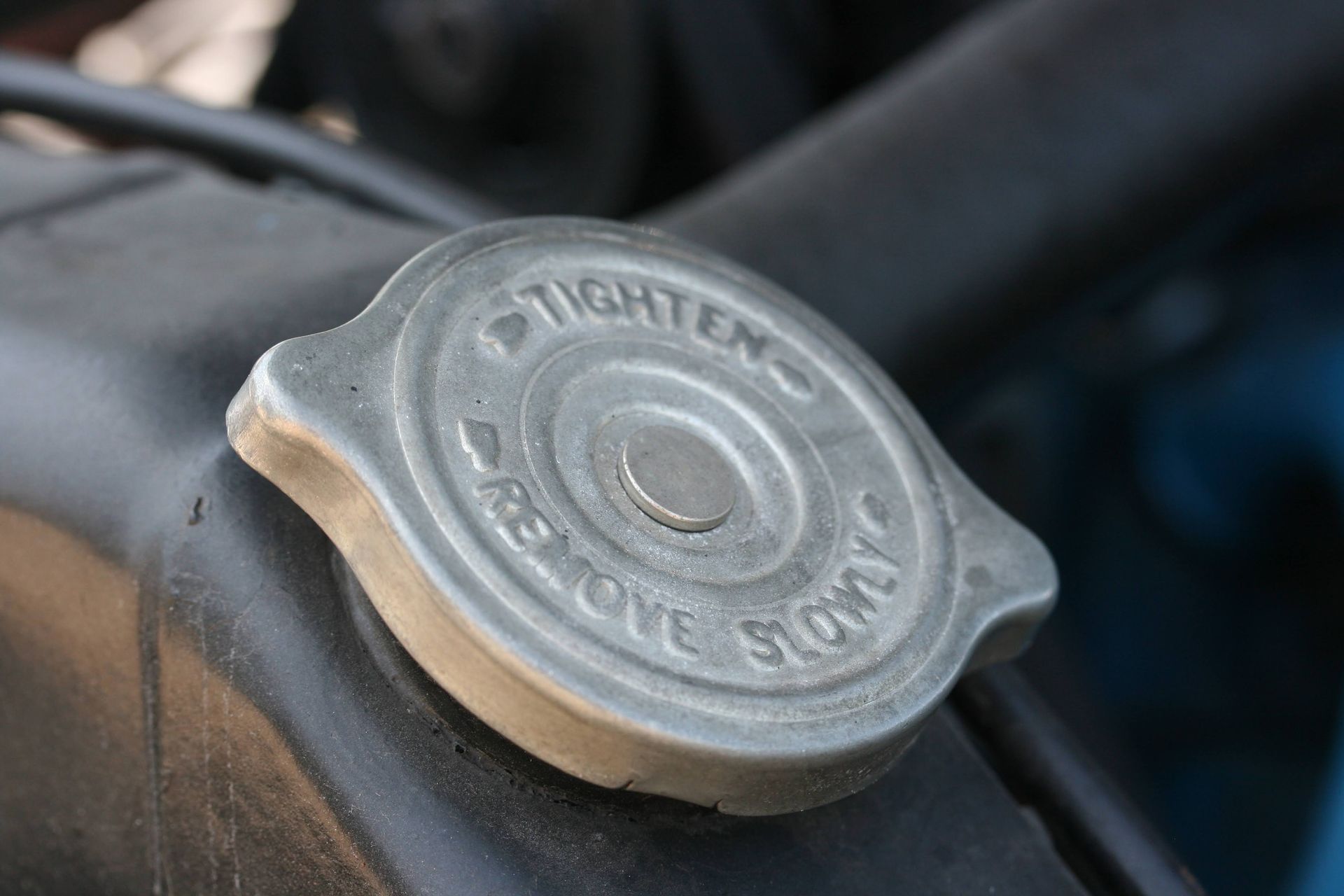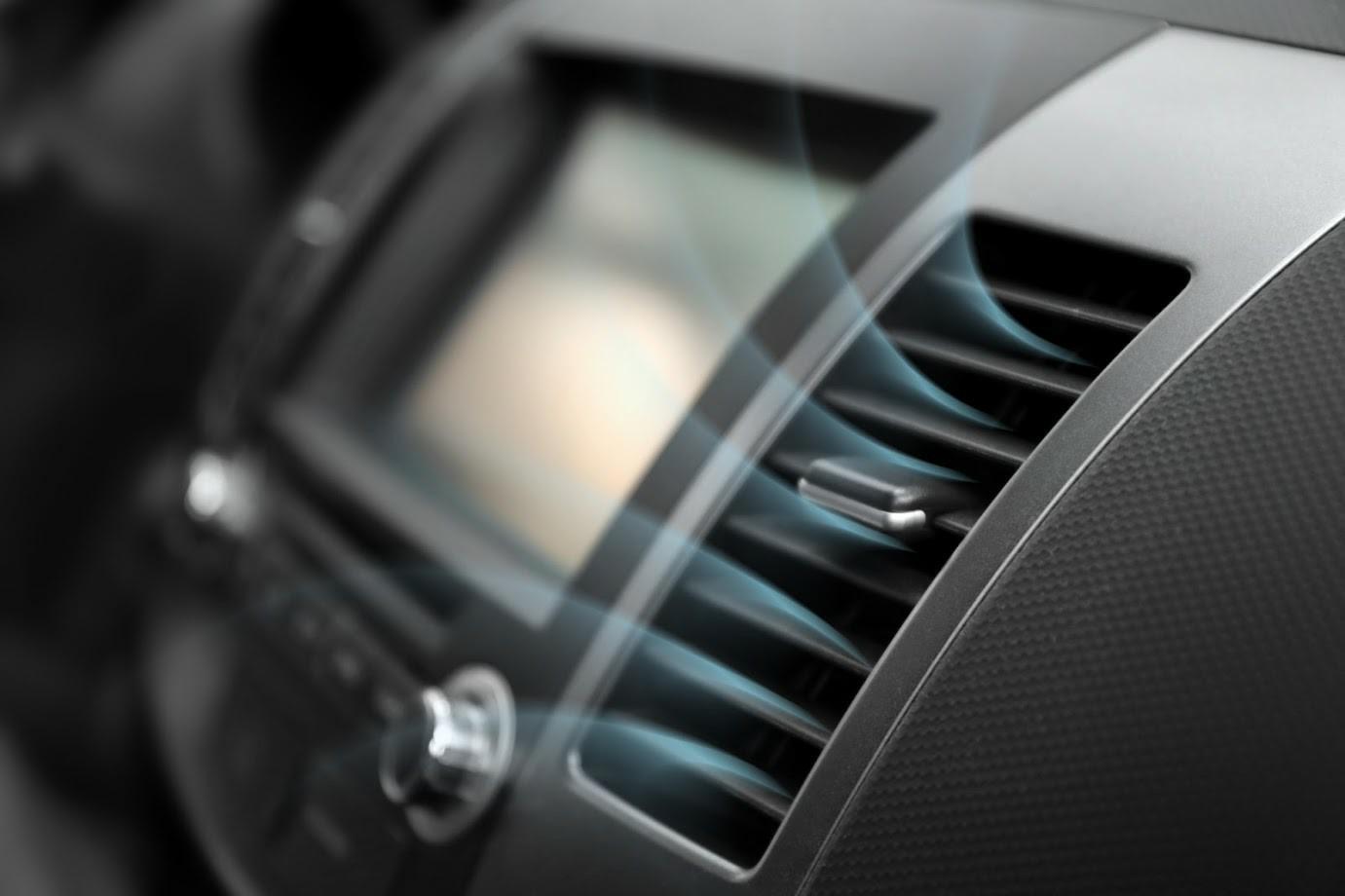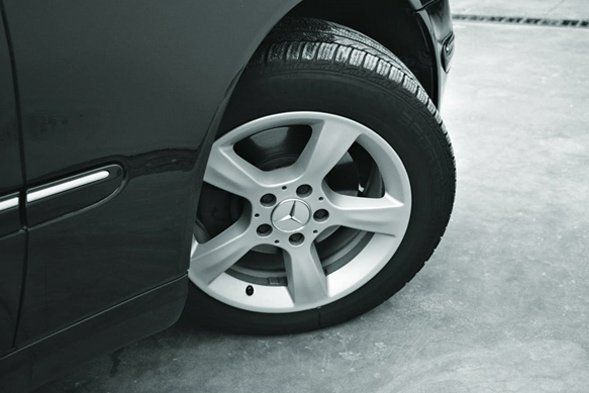Refrigerant 101: Understanding Your Car's AC Coolant
Admin • August 21, 2020
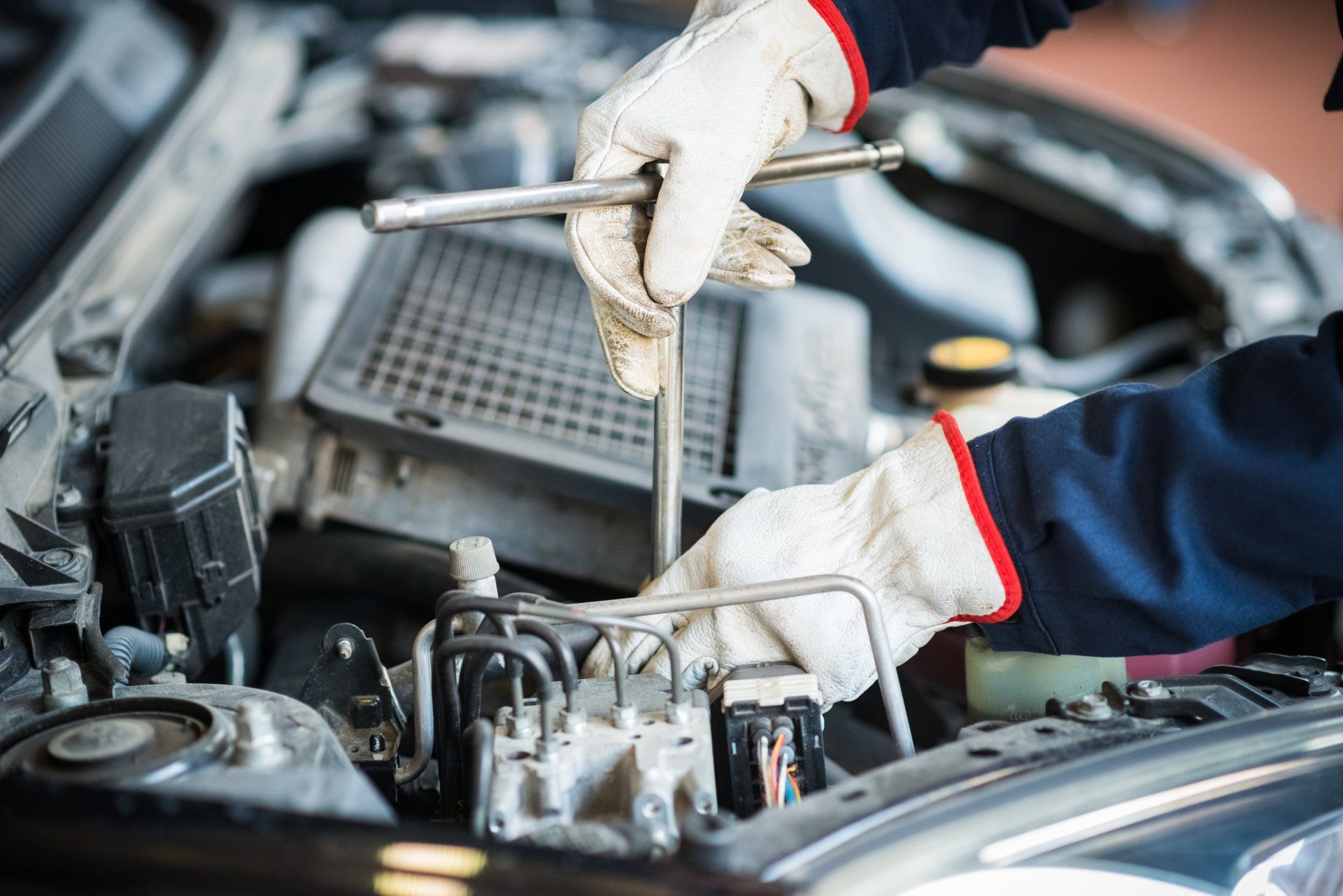
Car air conditioning systems rely on a number of components, including refrigerant. This substance's ability to heat up and cool down rapidly helps the air conditioning system pull heat and moisture out of the air, sending the resulting cooler air through your cabin vents.
A basic understanding of how refrigerant cools your vehicle, what can go wrong with it, and how to address refrigerant problems can help you keep your air conditioning system in optimal condition. Here are some key concepts to absorb.
How Refrigerant Works
Refrigerant
assumes a gaseous form at room temperature, but it can also become a liquid under the right conditions. The gas enters an AC system's compressor, which pressurizes it and superheats it. The condenser then carries the heat away, turning the refrigerant into a liquid.
Next, the liquid refrigerant goes through a process called flash expansion that causes its temperature to plunge rapidly. The supercooled liquid passes through the evaporator, chilling the air inside it, while a fan blows that chilled air into your cabin. The refrigerant then repeats this cycle to keep the vehicle cool.
How Refrigerant Has Changed
Cars built prior to 1994 used a refrigerant known as R12
in their air conditioning systems. Automakers stopped using R12 out of environmental concerns. You can still receive an R12 recharge from a certified technician, or you can modify your system to accept R12's replacement, R134a.
Most cars on the road today, and all cars made after 1994, incorporate 134a into their air conditioning systems. This refrigerant makes far less of an impact on the ozone layer than R12, and cars require less of this kind of refrigerant to cool their AC systems.
Some automakers have embraced the newest type of refrigerant, R1234yf, for their current models, with an eye toward putting it in all new cars by 2021. R1234yf produces even fewer greenhouse gases than R134a.
How Refrigerant Fails
When your air conditioner stops blowing an adequate amount of cold air, you may be low on refrigerant. When the refrigerant level in a modern car drops too low, the system automatically disengages. This self-shutdown prevents expensive damage to the compressor, but it also disables the system's cooling ability.
Automakers design refrigerants to work within a closed system. While no refrigerant should escape the system under normal circumstances, however, leaks can develop at a variety of points, from attached hoses and connectors to the compressor unit itself.
In some cases, the refrigerant fails to cool due to some other mechanical failure in the system. If any part of the system malfunctions, including the compressor, condenser, expansion valve, evaporator, or blower fan, you may lose air conditioning power. The sensors that operate these parts may also fail.
How Maintenance and Repairs Can Keep Your Refrigerant Going
If your air vents blow only warm air, stop using your air conditioner (to avoid doing any harm to the compressor) and don't use the system again until you have had the problem fixed. Your auto technician needs to check the system to pinpoint the source of any refrigerant leakage or other operational failure.
Once you have addressed the cause of low refrigerant in your air conditioner, you can have the refrigerant recharged. Your technician will remove all the old refrigerant before adding fresh refrigerant. Unlike some do-it-yourself procedures, this potentially hazardous task always calls for a certified professional.
Periodic maintenance inspections can detect a refrigerant leak or other air conditioner problem before it causes serious damage. Follow your owner's manual recommendations on service checks and maintenance procedures to keep your AC system in peak working order.
C. R. Smith Radiator & Auto Repair knows how to troubleshoot, repair, and maintain automotive air conditioning systems and their components. Contact us
to arrange for service.



